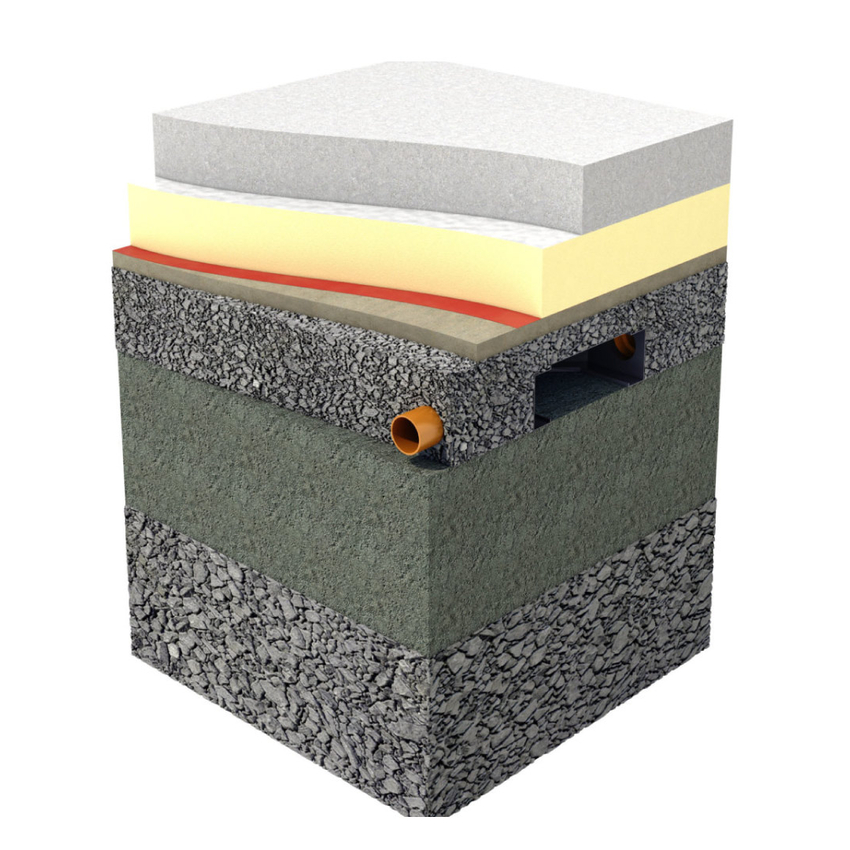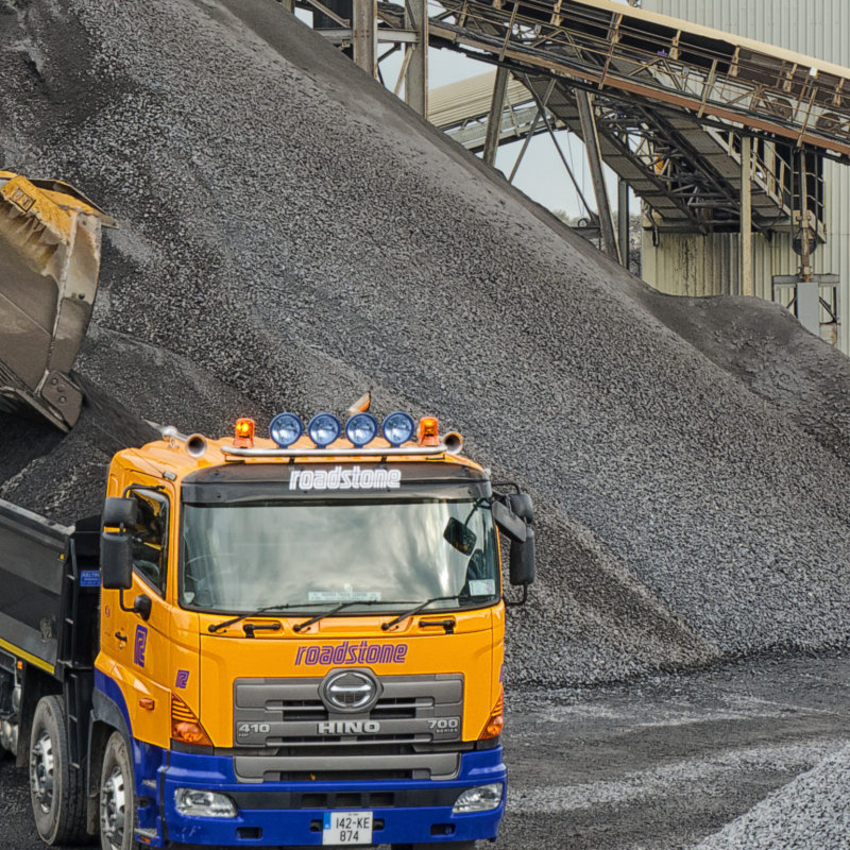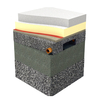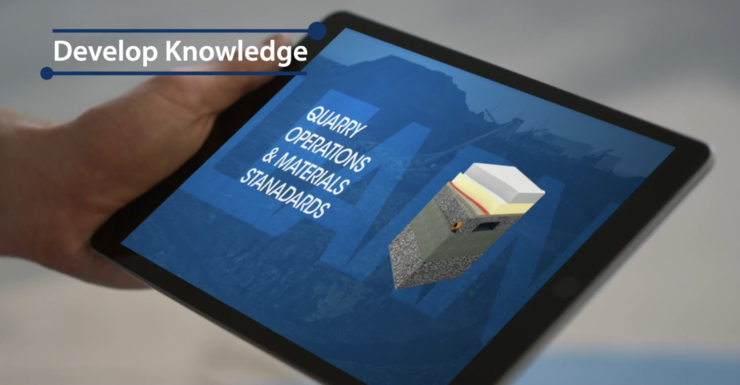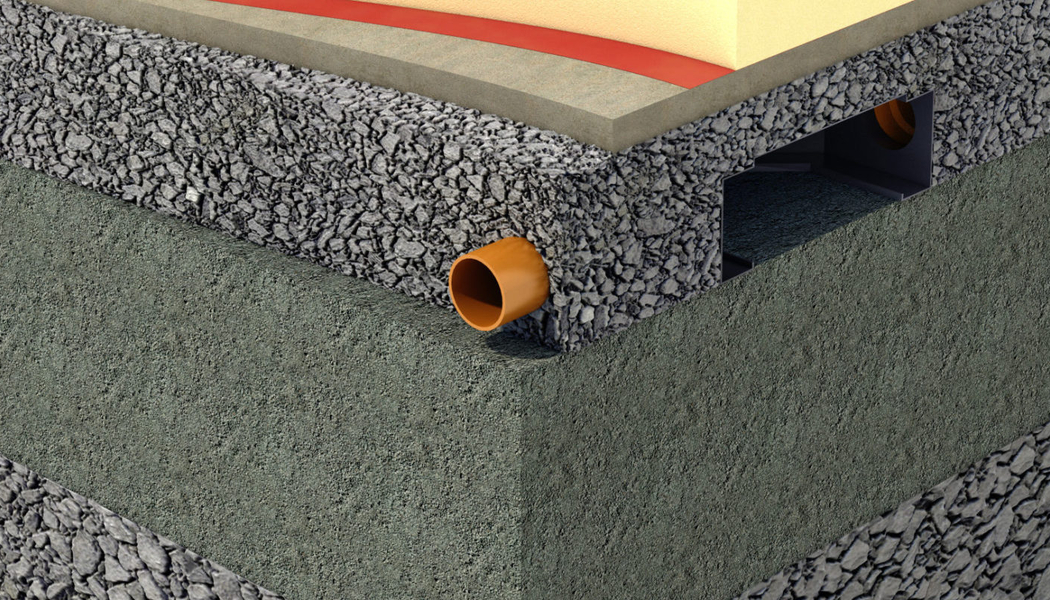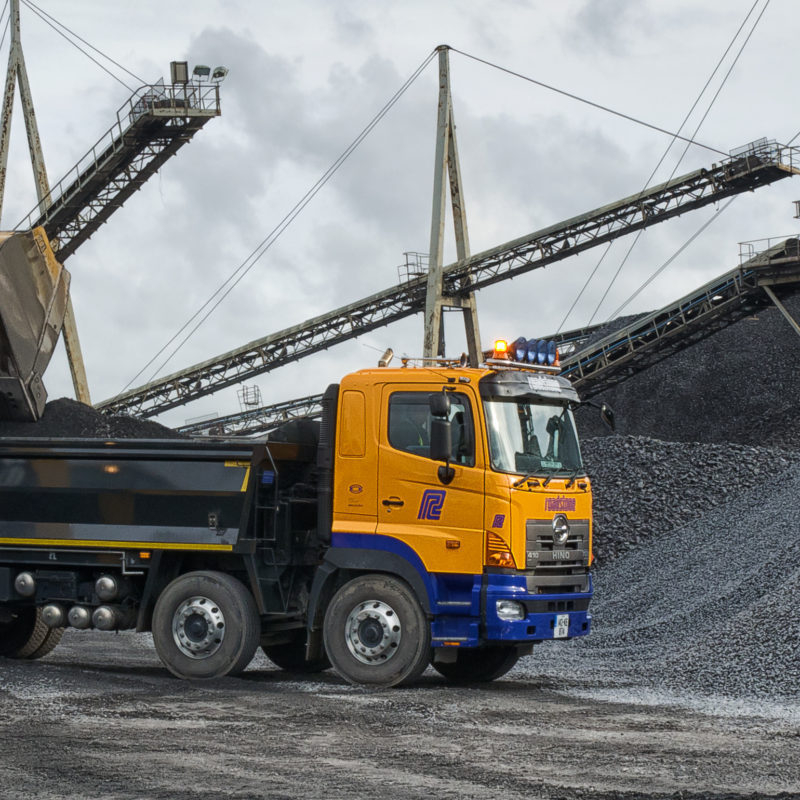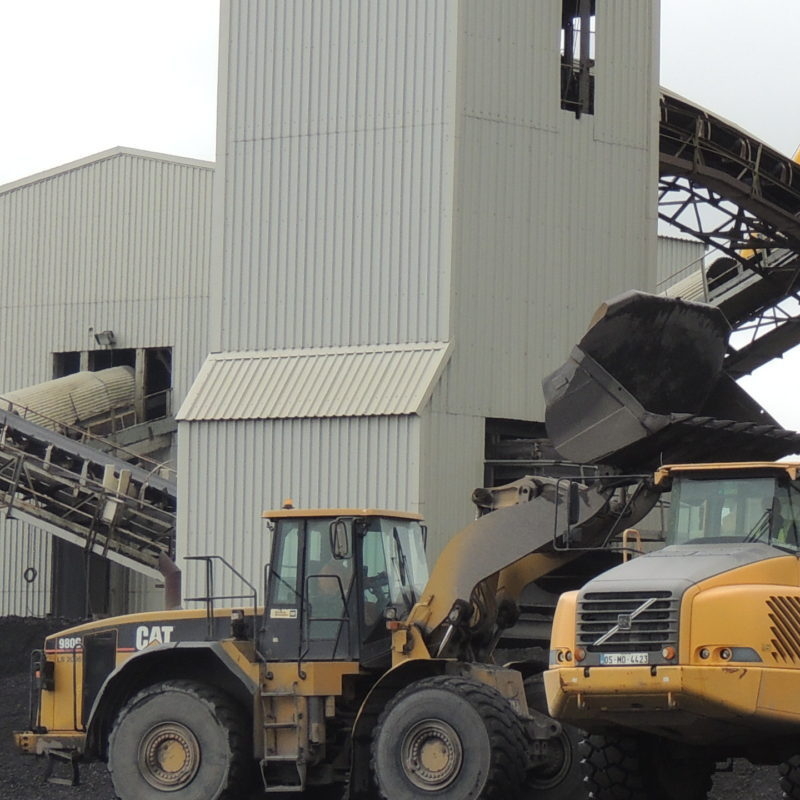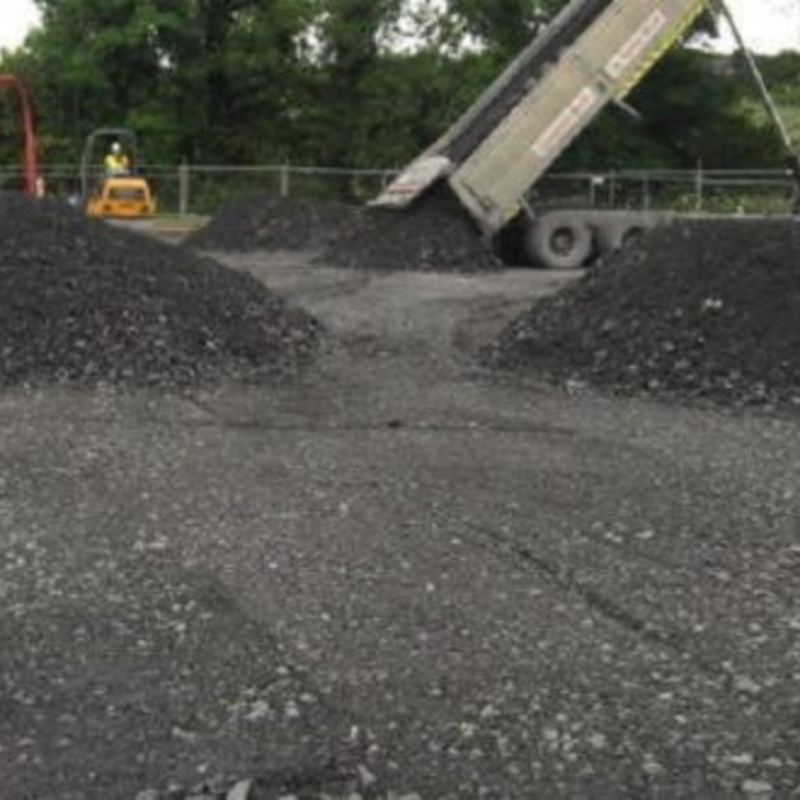Range produced to specified standards
Specified Granular Materials
Roadstone Specified Granular materials are produced at our quarry locations by means of blasting, crushing and screening into the required sizes. Roadstone Specified Granular materials produced at our Pit locations are extracted from the pit face by excavator and screened into the required sizes.
Materials may vary in maximum size and particle size distribution (grading) to suit the required applications and comply with the relevant specification. When producing these materials the aim is to always have a finished product which is clean, hard and durable and capable of performing as required in an engineering environment and in accordance with specification.
